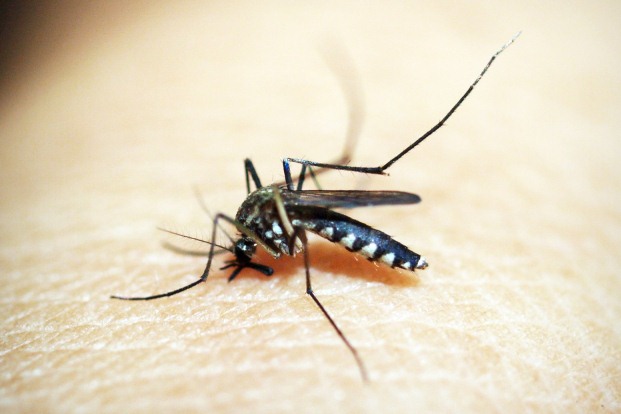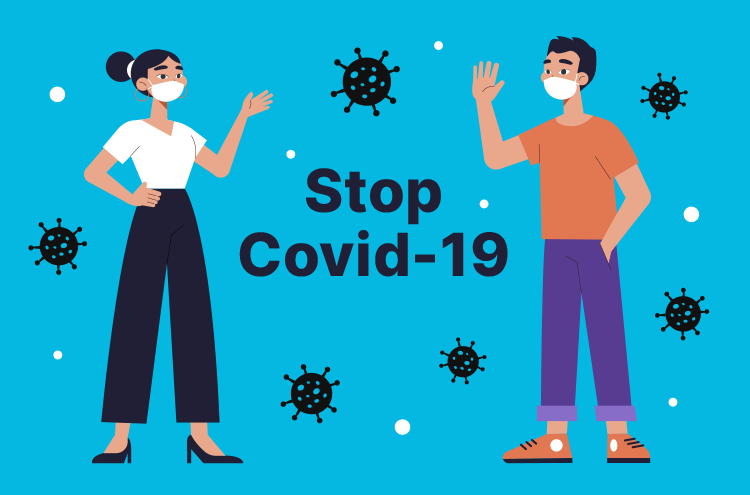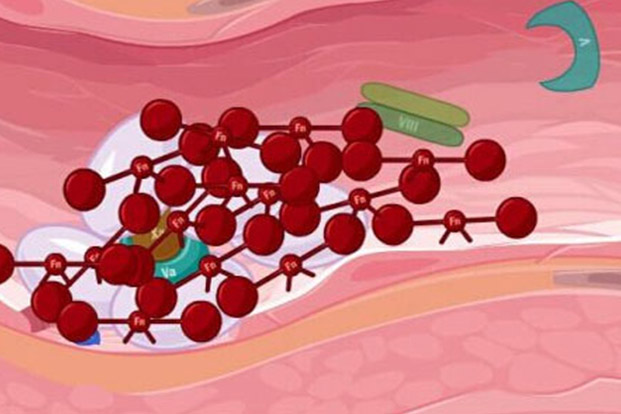Categories
- Bariatric Surgery (11)
- Black Fungus (5)
- Bone Marrow transplant (3)
- Brain Tumor Surgery Navigation Technology (20)
- Cardiac Surgery (66)
- Cardiology (97)
- Computer navigation technology for joint replacements (20)
- Covid Vaccination (17)
- Critical Care (2)
- Dental (19)
- Dermatology (31)
- Dialysis Support Group - “UTSAAH” (11)
- Dietitian (33)
- Emergency Medicine (4)
- Emotional Health (11)
- Endocrinology (33)
- ENT (20)
- Gastroenterology and GI Surgery (53)
- General and Laparoscopic Surgery (21)
- General Surgery (4)
- Gynecology & Obstetrics (183)
- Hematology (20)
- Internal Medicine (294)
- Kidney Transplant (50)
- Kidney Transplantation (20)
- Lung Cancer (8)
- Minimal Invasive Surgery (1)
- Mother & Child (20)
- mucormycosis (5)
- Nephrology (61)
- Neurology (147)
- Neurosurgery (68)
- Nutrition and Dietetics (107)
- Omicron Variant (1)
- Oncology (288)
- Ophthalmology (10)
- Orthopaedics & Joint Replacement (86)
- Paediatrics (59)
- Pediatric Nephrology (3)
- Physiotherapy (5)
- Plastic & Reconstructive Surgery (6)
- Psychiatry and Psychology (90)
- Psychologist (28)
- Pulmonology (72)
- Rheumatology (13)
- Spine Services (21)
- Transradial Angioplasty (16)
- Urology (84)
Query Form
Posted on Apr 19, 2022
Why Malaria is considered a Communicable disease?
Malaria is a communicable disease which means it spreads from one person to another person.
India accounts for the 4th highest number of malaria cases and deaths in the world. Malaria is a potentially life-threatening disease caused by parasites (Plasmodium vivax, Plasmodium falciparum, Plasmodium malaria, and Plasmodium ovale) that are transmitted through the bite of infected Anopheles mosquitoes.

How is Malaria transmitted?
There are three ways of transmission of this disease:
- Direct transmission – Person to person direct contact eg common cold and swine flu
- Vehicle transmission – Via medium like air, water eg typhoid
- Vector transmission – transmitted by a mechanical or biological vector, an animal that transmits the disease from one person to another eg Malaria
Malaria is a communicable disease transmitted through the bite of an infected female Anopheles mosquito and these infected mosquitoes carry the Plasmodium parasite which is transmitted to the bloodstream of person when a mosquito bites.
How does the mosquito bite cause malaria?
The successful propagation of the parasite inside the mosquito depends on several factors including being humidity and ambient temperatures. And when an infected mosquito bites a human host, the parasite enters the bloodstream and lays dormant within the liver.
And new malaria parasites are then released back into the bloodstream with they infect red blood cells and multiply further while some malaria parasites remain in the liver and are not released until later, resulting in recurrence eg with Vivax Malaria
Signs and Symptoms associated with Malaria:
- Fever with chills with a headache
- Impaired consciousness
- Prostration
- Convulsions
- Deep breathing and Respiratory problems
- Abnormal bleeding with signs of anemia
- Jaundice and evidence of vital organ dysfunction
So beware of malaria-causing factors especially in this type of humid season of month May, June& July and adapt using clean environment with the use of mosquito nets, repellents, and other mosquitoes replant devices.



